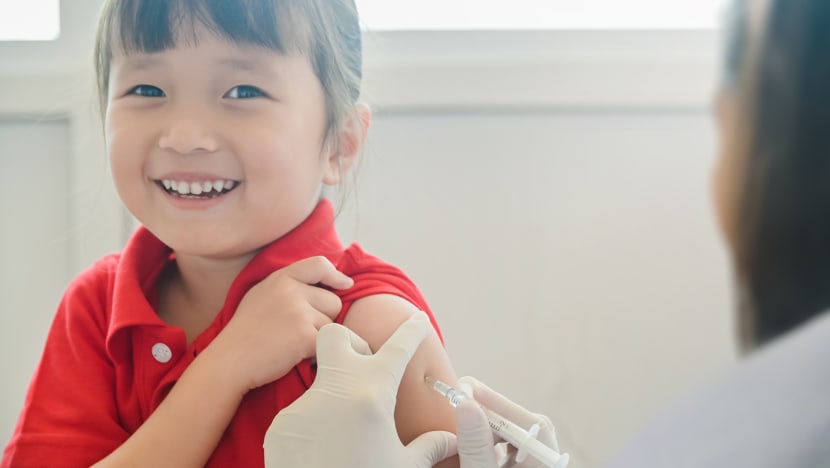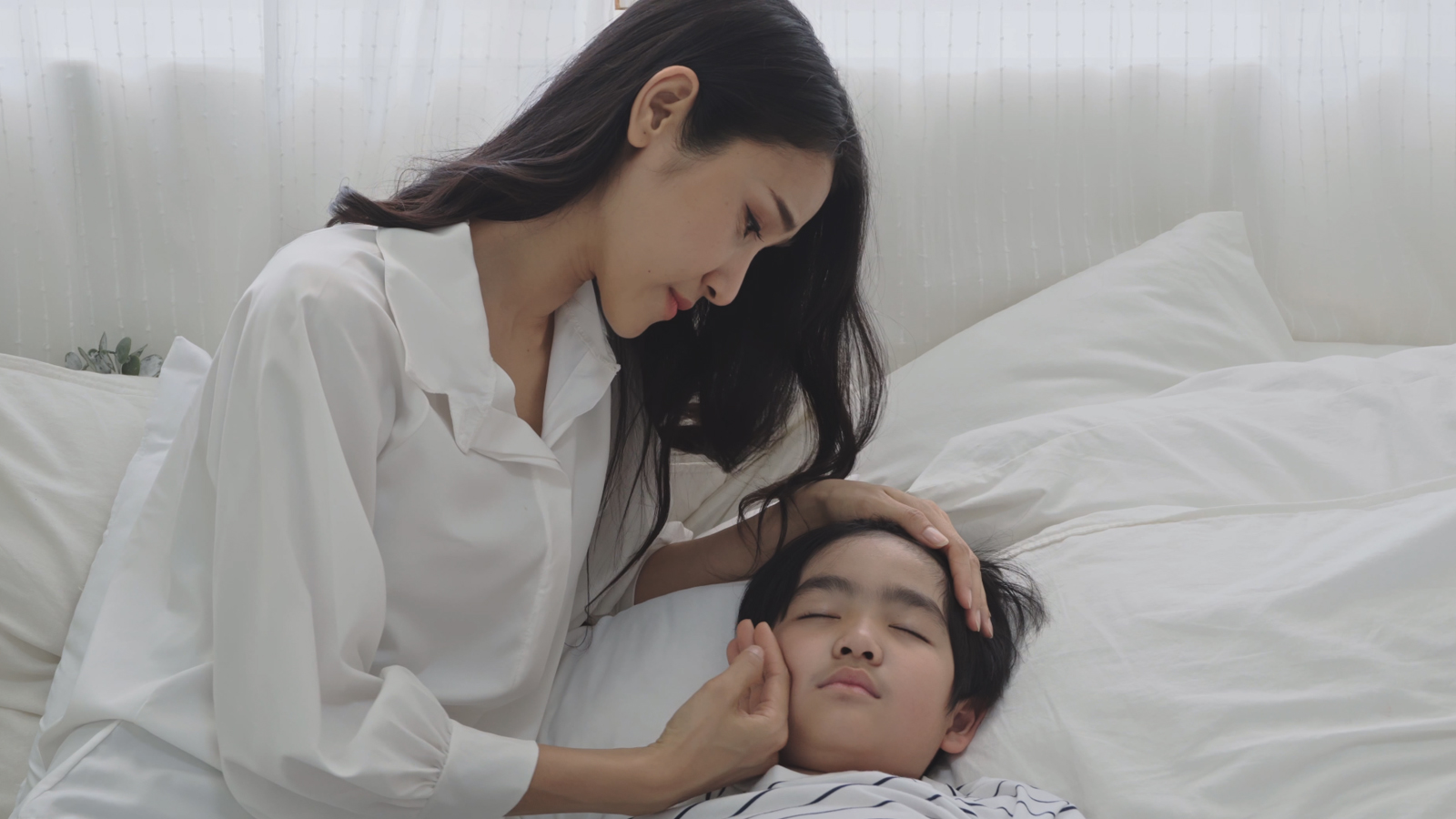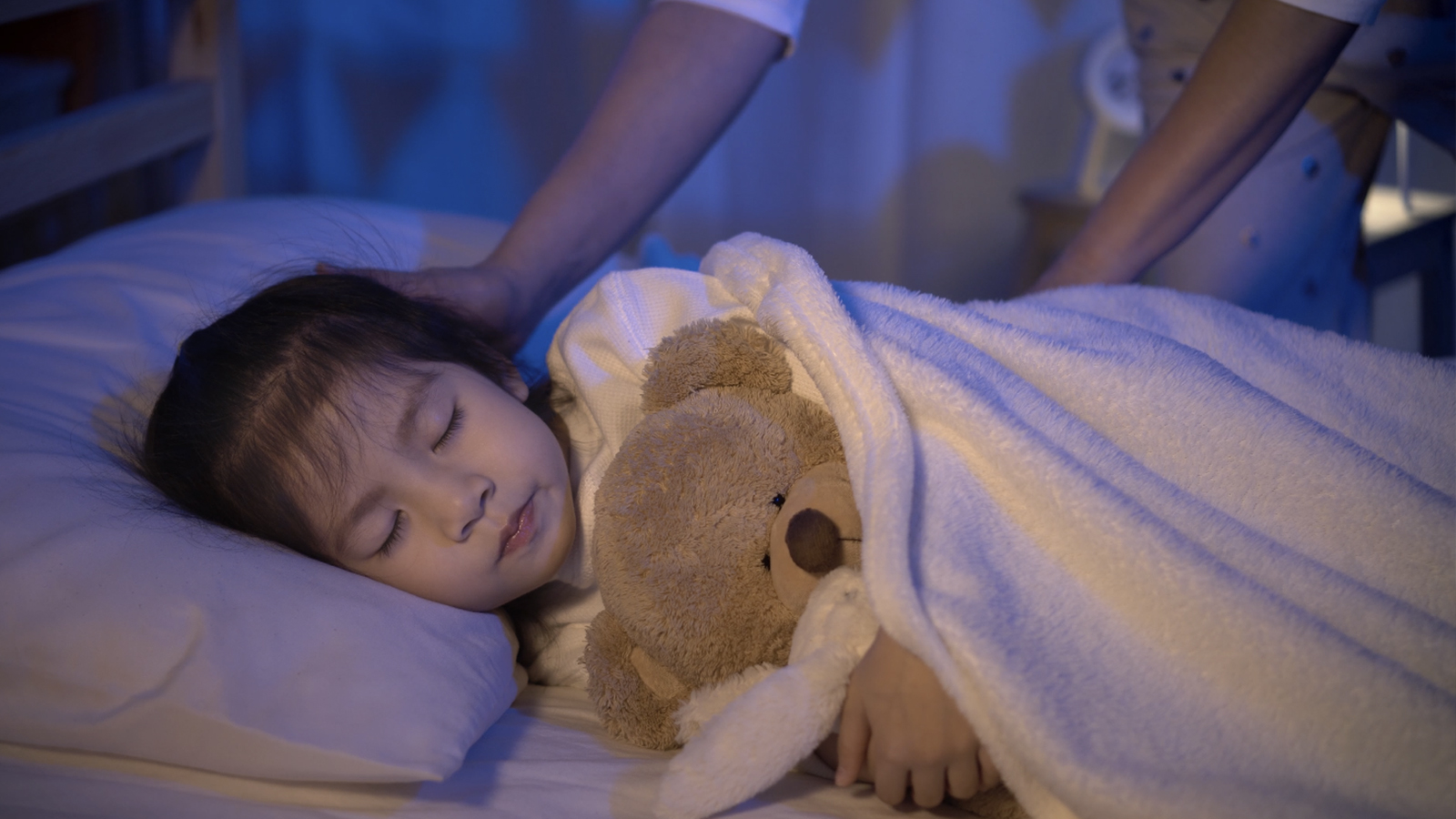Ask the doctor: preparing your child for vaccinations
How to care for your child before and after their vaccination.

Flu, chickenpox, polio—for nearly 30 years, Dr Ong Eng Keow has been protecting children from such infectious diseases by advising parents on what vaccines to get and when. As he tells parents, timely vaccinations are necessary to protect kids from a range of diseases.
“Children are vulnerable to infections as their immune systems have not developed fully and cannot cope with these infections,” he explained. “Immunisation is a sure-fire way of protecting them.”

Currently, only vaccinations against diphtheria and measles are mandatory in Singapore. But Dr Ong recommends parents to speak to their children’s doctors to determine which other vaccines should be administered. These include shots against infectious diseases that emerge from time to time.
SIDE EFFECTS TO EXPECT AFTER VACCINATIONS
As many parents know, vaccinations don’t end the moment parents walk out of the clinic. A big part of post-vaccination care is dealing with its side effects. These include pain and soreness at the injection site. Some infants and children will experience a slight drop in appetite after a vaccination. Reactions to vaccines vary across children; some do not have any, while others might experience strong discomfort.

“Fever is the most common side effect,” Dr Ong said. Infants aged below three have a fever if their temperature crosses 38 degrees Celsius. For children aged three to 12, that threshold is 37.8 degrees Celsius.
FEVER: A GOOD SIGN, BUT TREAT IT
When a fever appears, it’s important to treat it to prevent unnecessary discomfort. “A fever caused by a vaccination seldom gets very high, so a course of paracetamol should do the trick,” said Dr Ong. “The fever will go away even without it but we don’t want the child to feel uncomfortable, and there’s no harm giving paracetamol at the prescribed dose.”
Don’t reach for other drugs like ibuprofen, he advises. “Ibuprofen could cause side effects like gastric problems and may affect platelet counts, so we usually stick to paracetamol. It’s a good first line of defence against a fever.”
A fever is a good sign as it shows that your child’s immune system is reacting well to the vaccine. However, it can make a child quite uncomfortable, so parents need to look out for and treat it as needed. Non-clinical signs of a fever include lethargy and a general lack of energy.

Even if these symptoms don’t appear, check your child’s temperature on the evening of the vaccination, just to be sure, said Dr Ong. “The last thing you want is for your child to have a fever at night and be unable to rest.”
Parents should take note of how long the fever lasts. “A post-vaccine fever will last for two days at most. If it lasts longer than that, or if the temperature crosses 39 degrees Celsius, then it’s most probably not because of the vaccine and you should bring your child to the doctor.”
PREPARING FOR THE BIG DAY
And although many parents understand the benefits of vaccines, they are also familiar with the stress of having their child vaccinated. While some children are unbothered by injections, others are terrified by even the thought of a needle.
Dr Ong suggests parents focus on the positives: “Tell them: ‘Everybody has to take injections. They will make you strong so you don’t fall sick.’ Recount your own recent vaccination experience so they know that everything will be okay.”

And as young parent Ms Carol Chan advises, manage the side effects of vaccinations so that the next injection will be a less painful experience all around. She recalls that her three-year-old daughter used to be terrified of injections. But after some probing, she found that it was because her toddler dreaded the side effects, not the injection itself.
Said Ms Chan: “She was actually fine with the needle but she really didn’t like the fever that came with it. So when we started to take more care of the side effects, she realised that vaccinations were no big deal and became more receptive to them.”
*GSK is the sponsor of this article but has no influence on its content. The information contained within is based on the doctor’s clinical experience and medical opinions.













